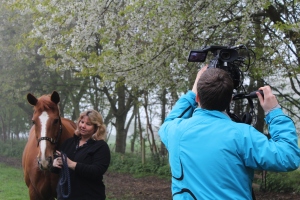Today the AWIN project released five online learning objects on their Animal Welfare Hub. I have to confess an ulterior motive to sharing these: I had a hand in creating them.
The Animal Welfare Hub requires registration, but it’s free and once registered you can find animal welfare courses online, download learning objects, and share your own events, courses and materials. It’s designed to be your one stop shop for animal welfare resources.
The learning objects I’m sharing today are about animal pain. They’re aimed at vet nurse students, vet students, and as some refresher training for vets and vet nurses, but the beautiful thing about learning objects is that anyone can access them. You can take them at your own pace. You don’t need to read all the information present, and can direct your own learning.
By having these learning objects online we can also reach a global audience. Supplying the 7 billion with animal products (everything from meat, eggs, dairy, leather, etc.) results in a huge demand for animals. It’s more important than ever to share animal welfare knowledge between countries so we can learn from one another.
Anyway – first you have to make an account on the Animal Welfare Hub and then you can follow the direct links below to check out the learning objects. They can be downloaded and used for education, so long as you say where you got them from. Hopefully you’ll find them useful, and let us know any feedback you have.
1. What is animal pain?
2. How is pain produced?
3. How is pain assessed?
4. How is pain treated?
5. Attitudes to animal pain.
